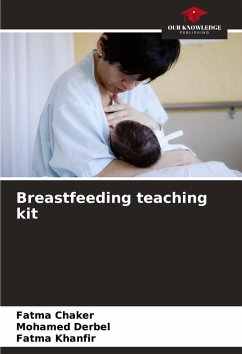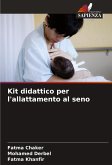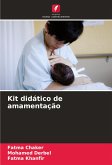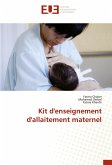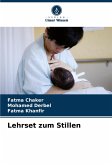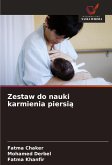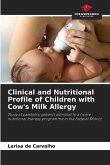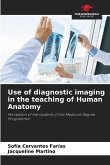Breastfeeding rates are declining due to a lack of knowledge, awareness, support from mothers and a lack of self-confidence. The objectives of our work were to assess breastfeeding women's levels of knowledge and self-efficacy, and to determine the factors associated with these, with a view to proposing a Targeted Breastfeeding Education Kit.The study was descriptive, analytical and cross-sectional, and included 180 parturients who had given birth at the CHU Hedi Chaker Sfax maternity hospital.Knowledge of breastfeeding was good in 50% of cases. Mean self-efficacy scores were good (50,59). The level of primary education, the absence of a source of information and the introduction of artificial milk were predictors of a low level of knowledge about AM. Experience and low satisfaction with breastfeeding, the birth of a twin and the planning of formula feeding were negatively correlated with the self-efficacy score.Thus, there is a need to develop education programs targeting populations with low levels of knowledge and self-efficacy.
Bitte wählen Sie Ihr Anliegen aus.
Rechnungen
Retourenschein anfordern
Bestellstatus
Storno

